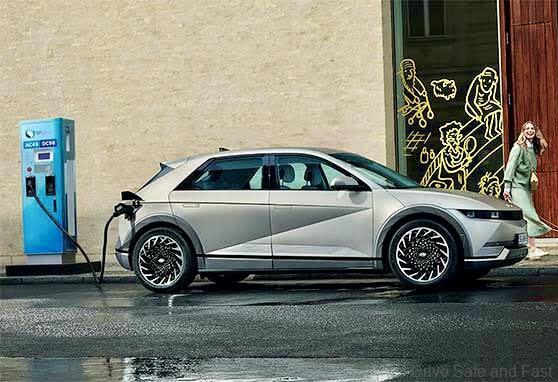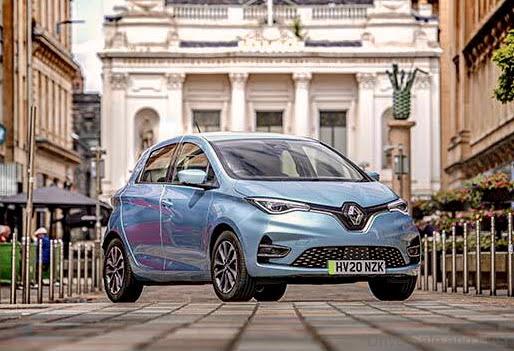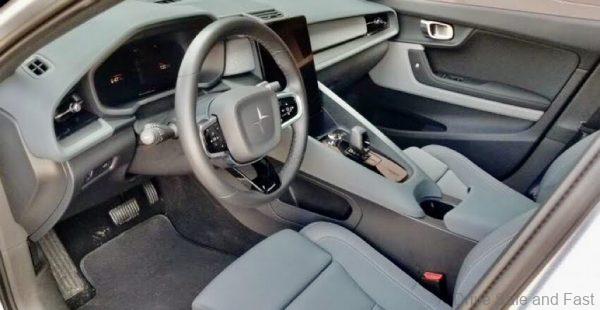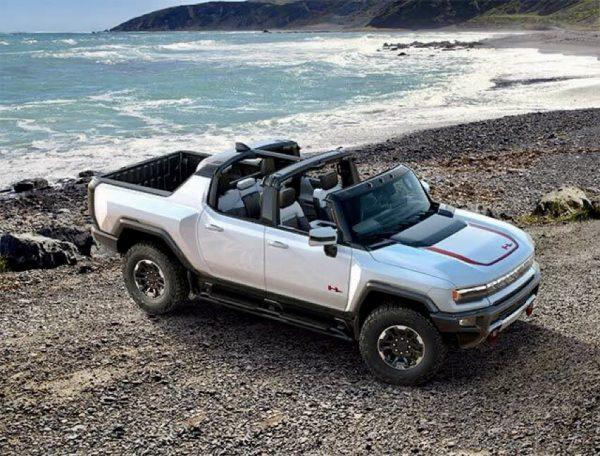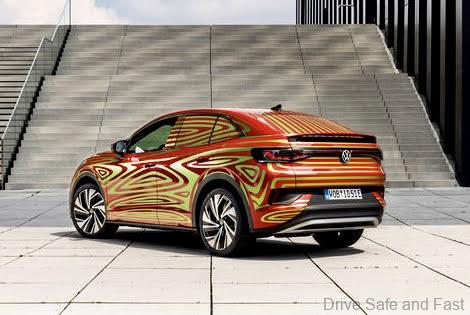Electric cars need to be priced from RM90k to succeed in our country.
Why is there no brand new with factory warranty electric car on sale at below RM90,000 in Malaysia? Simple. Electric cars are about 15-20 percent more expensive over petrol powered cars (ICE) from the factory.
Yes, right now, the production cost of electric cars is more expensive as battery costs are still high, due to economies of scale (which is low total sales as compared to petrol cars)
Also, the research and development costs of electric cars have not yet been paid off and will take some years.

So, it does not make any sense for car brands to launch a low priced electric car, even with zero import duties from the Malaysian government. (yes we have been teased by some made in China low priced electric cars, but they are simple cars with low driving distance batteries and low warranties).
To start, our currency is not favorable against the Euro, Pound Sterling and US Dollar, so importing an electric car from Europe makes little sense unless it is a luxury car targeted at well to do Malaysians.
Then comes the issue of our car tax structure which favors in a big way the National Car Brands, Perodua and Proton. Both have partnerships with major car manufacturers that already have proven electric cars in their portfolio.
Perodua is in partnership with Toyota Motor Japan and they have well proven and reliable hybrid, plug-in hybrid and electric vehicles.
Proton is now in partnership with Geely China and they have electric vehicle brands like Geometry and Lynk & Co which could easily be rebadged as Proton’s, like they did with the X50 Crossover and X70 SUV which is selling in Malaysia.
However, both Proton and Perodua have a good tax incentive for the current petrol powered cars on sale and this is why they enjoy a ‘lion’s share’ of the total industry volume of car sales in Malaysia.
If there were to start selling rebadged hybrid or electric cars in Malaysia, the selling prices will move up by at least 20 percent which brings them close to rival auto brands from Japan and also Korea.
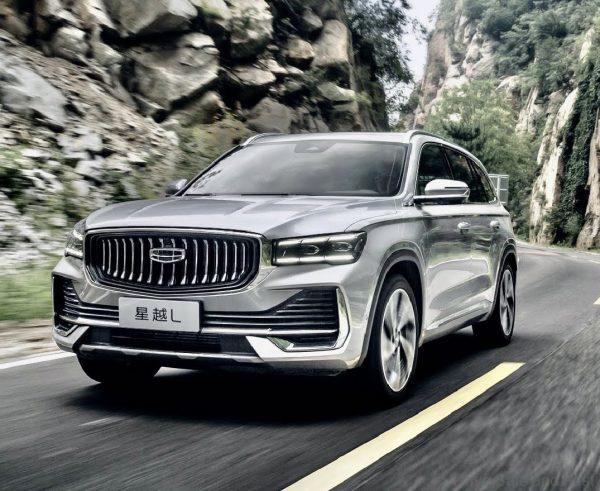
The Japanese auto manufacturers who have invested heavily in large assembly and manufacturing in Malaysia only enjoy a smaller tax incentive. This is why they cannot challenge the sales volumes of national cars.
Then there are auto brands who see no point in having factories or even assembly in Malaysia due to this ‘uneven’ tax structure.
Brands like Audi, Suzuki Cars, Jeep and Hyundai prefer importing vehicles rather than invest heavily in local assembly and this also why they have factories in Singapore, Thailand and Indonesia.
Other auto brands like Fiat, Opel, Ford passenger cars, Chevrolet, Alfa Romeo and Infiniti have decided to forgo any possible sales in Malaysia due to this uneven tax system.



